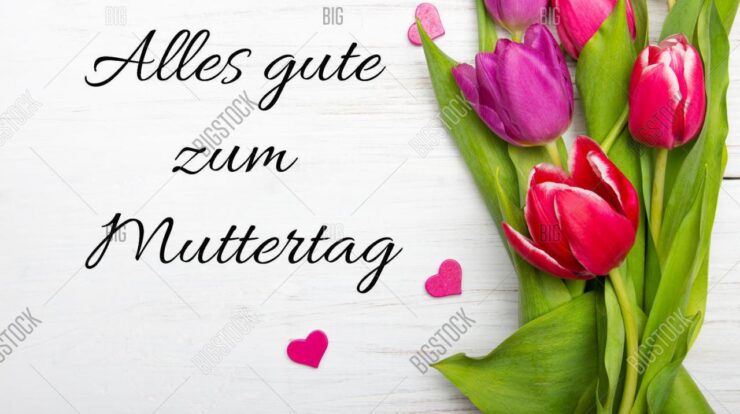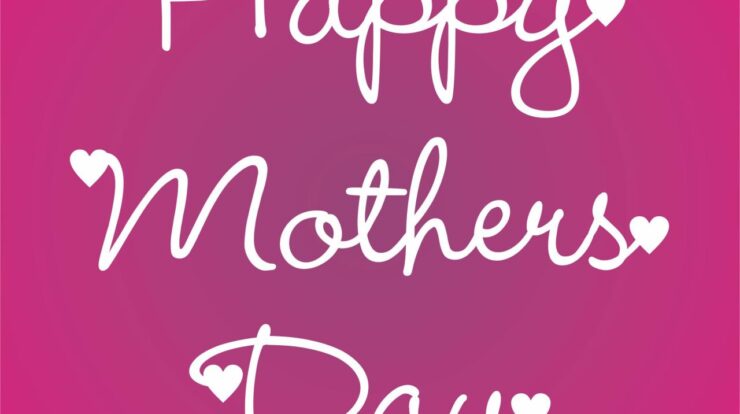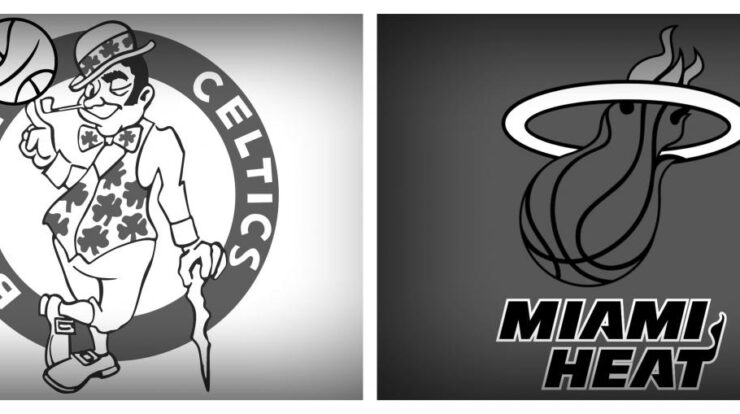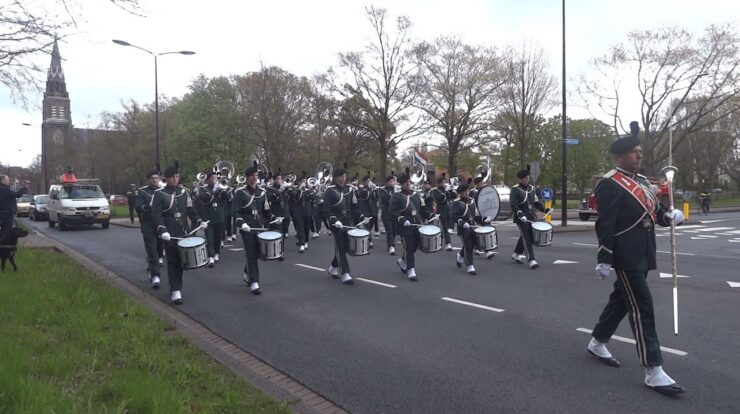
As the Netherlands King’s Day takes center stage, this opening passage beckons readers into a world crafted with journalistic flair and a news-like tone, ensuring a reading experience that is both absorbing and distinctly original.
This widely celebrated holiday holds immense historical significance and cultural importance for the Dutch people, with festivities that showcase the country’s vibrant spirit and traditions.
Historical Origins and Significance of King’s Day
King’s Day, celebrated annually on April 27th in the Netherlands, has a rich history and cultural significance. Its origins can be traced back to 1885, when it was established as Queen’s Day to honor Queen Wilhelmina’s birthday.
In 2013, when Queen Beatrix abdicated in favor of her son Willem-Alexander, the holiday was renamed King’s Day. It remains a national holiday, symbolizing the monarch’s role as a unifying figurehead and a celebration of Dutch heritage.
Symbolism and Traditions, Netherlands king’s day
King’s Day is associated with the color orange, which represents the royal House of Orange-Nassau. The holiday is characterized by street markets, parades, concerts, and parties, where participants dress in orange clothing and accessories.
One of the most iconic traditions is the vrijmarkt, or “free market,” where people sell their used belongings on the streets. This tradition symbolizes the communal spirit of the day and the desire to share with others.
Celebrations and Festivities
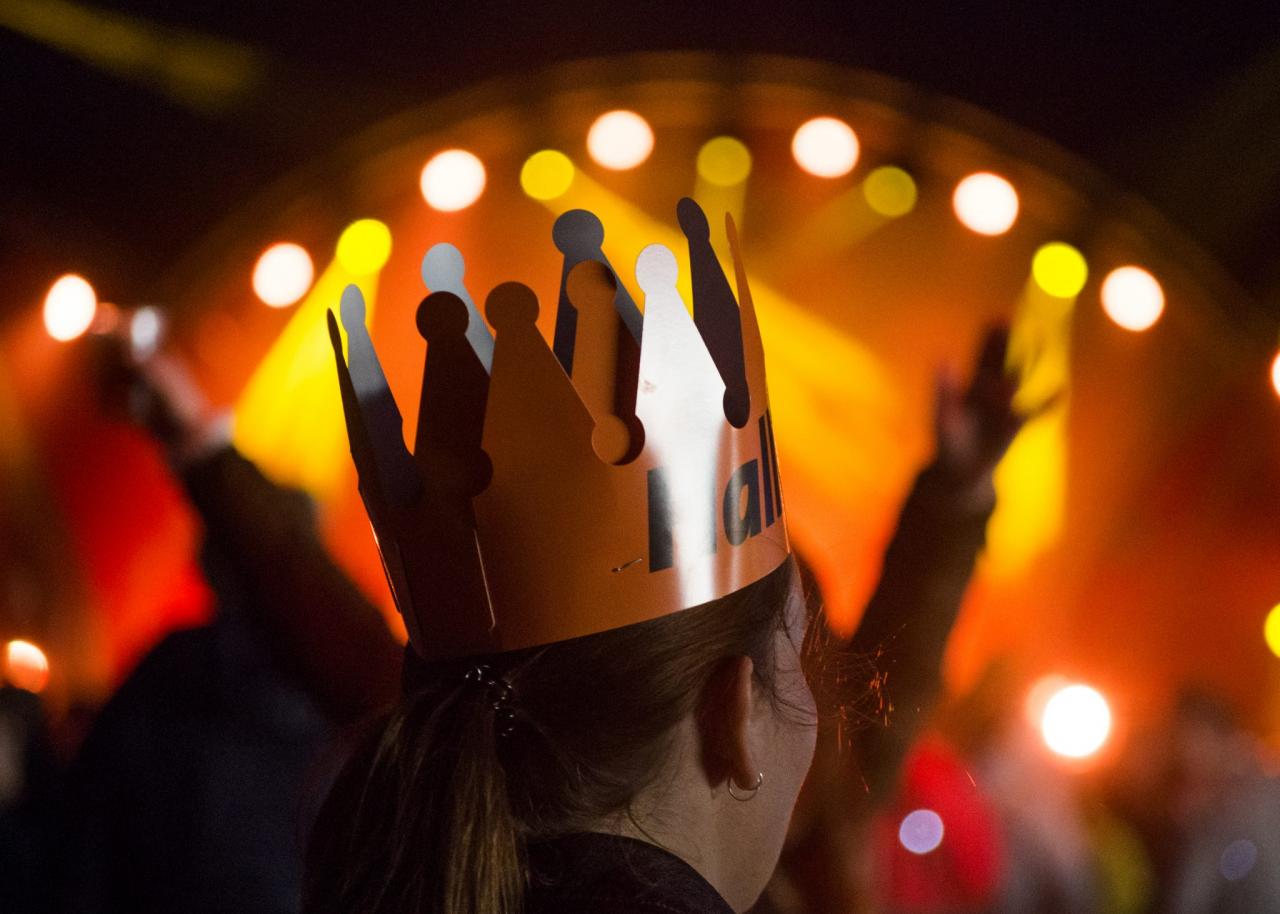
King’s Day is a vibrant and joyous celebration that brings people together from all walks of life. The festivities typically begin in the morning with a royal procession through the streets, followed by parades and performances.
Throughout the day, cities and towns across the Netherlands host a variety of events, including street parties, concerts, and sporting competitions. The atmosphere is lively and festive, with music, laughter, and a sense of camaraderie filling the air.
Unique Atmosphere and Camaraderie
One of the most striking aspects of King’s Day is the sense of community and unity it fosters. People from all backgrounds come together to celebrate their shared heritage and express their affection for the monarchy.
The streets are transformed into a sea of orange, with people of all ages donning orange clothing, hats, and accessories. The shared experience of celebrating King’s Day creates a strong bond among participants.
Orange Fever: Cultural Symbolism and Significance
The color orange is synonymous with King’s Day and has deep cultural significance in the Netherlands. It represents the House of Orange-Nassau, which has ruled the country for centuries.
The color orange is also associated with freedom and independence, as it was worn by the Dutch rebels during the Eighty Years’ War against Spain in the 16th century.
Incorporation into Festivities
On King’s Day, the color orange is everywhere, from the clothing worn by participants to the decorations adorning the streets. Many people also enjoy eating orange-colored foods, such as pancakes and pastries.
The use of orange on King’s Day serves as a powerful symbol of national unity and pride, representing the shared history and values of the Dutch people.
Economic Impact and Tourism
King’s Day has a significant economic impact on the Netherlands. The increased tourism and consumer spending during the holiday boost local businesses and generate revenue for the country.
Many businesses offer special promotions and discounts on King’s Day, attracting both domestic and international visitors. The influx of tourists also creates job opportunities in the tourism sector.
Tourism Benefits
King’s Day is a major tourist attraction, with people from all over the world coming to the Netherlands to experience the unique festivities.
The holiday showcases Dutch culture and traditions, providing a valuable opportunity for visitors to learn about the country’s history and heritage.
Social and Cultural Impact

King’s Day has a profound social and cultural impact on Dutch society. It is a day when people come together to celebrate their shared identity and express their national pride.
The holiday fosters a sense of community and belonging, as people from all walks of life participate in the festivities and interact with each other.
Promotion of Dutch Culture and Traditions
King’s Day plays a vital role in promoting Dutch culture and traditions. The holiday showcases the country’s history, heritage, and values, fostering a sense of national identity.
Through the various activities and events, King’s Day provides opportunities for people to learn about and appreciate Dutch culture, including its music, art, and cuisine.
International Recognition and Global Impact
King’s Day is not only celebrated in the Netherlands but has also gained international recognition and global impact.
The holiday is celebrated in various countries around the world, including the United States, Canada, and Australia, where Dutch communities gather to mark the occasion.
Cultural Exchange and Global Awareness
King’s Day serves as a platform for cultural exchange and global awareness. It provides an opportunity for people from different cultures to come together and learn about Dutch traditions.
The holiday also raises awareness of the Netherlands on a global scale, showcasing its rich history, vibrant culture, and welcoming people.
Summary: Netherlands King’s Day
In conclusion, Netherlands King’s Day serves as a testament to the rich cultural heritage and unity that binds the Dutch people. Its global recognition and impact underscore its significance as a celebration that transcends borders, fostering cultural exchange and promoting Dutch traditions worldwide.
FAQ Corner
What is the historical origin of Netherlands King’s Day?
King’s Day commemorates the birth of King Willem-Alexander, the current monarch of the Netherlands.
What is the significance of the color orange on King’s Day?
Orange is the national color of the Netherlands and is associated with the royal family, particularly the House of Orange-Nassau.
How is King’s Day celebrated?
Festivities include parades, concerts, street parties, and various activities that reflect Dutch culture and traditions.


